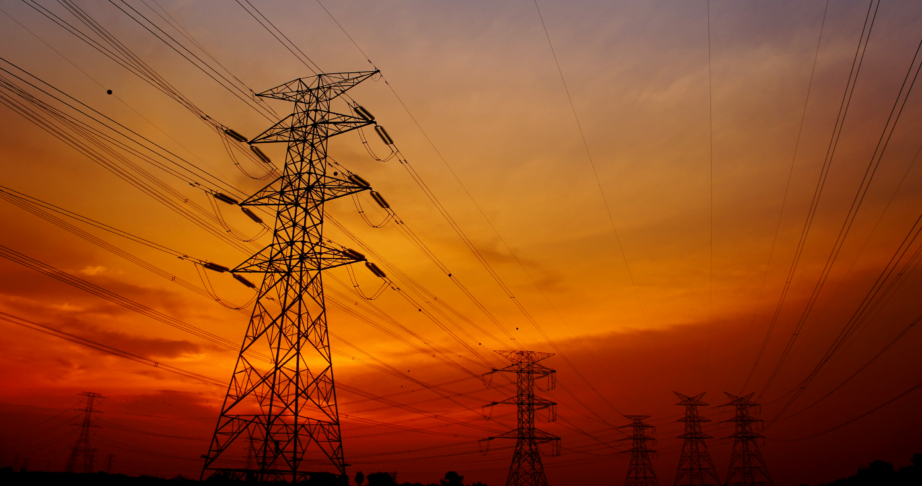
10 February 2021
Electricity Infrastructure Investment Bill – Incentivising the right projects
On 27 November, the NSW government successfully passed the Electricity Infrastructure Investment Bill. The aim was to incentivise investment in power generation and improve affordability and reliability while ensuring energy security for NSW customers.
The plan is to support $32 billion in private sector investment in energy infrastructure over the next ten years. This will allow the government to coordinate investment in five new renewable energy zones, delivering 12 gigawatts of additional generation capacity – capable of supplying over 3 million homes in NSW – and two gigawatts of storage capacity. Without these investments, households will pay on average $130 more per year for electricity from 2023 – 2040.
One of the most important aspects of this legislation is the infrastructure safeguard which will provide a price floor that guarantees returns for new projects, incentivising the right projects to be built in the right regions (the new REZs) and reducing risk and cost of finance for the private sector. Ultimately, consumers will realise the benefits in the form of lower energy costs. This is a win for all.
NSW follows in the examples of other States (Vic, Qld, ACT) in offering price guarantees for new renewable energy projects, which have resulted in positive outcomes for these States. Fixed price contracts in ACT, for example, have protected consumers from recent wholesale electricity price spikes.
A minimum return will also be welcomed by investors. Previously, a lack of coordinated network investment and a fluctuating wholesale electricity price have resulted in project write-downs and commissioning issues for renewable energy projects. Projects delivered under the scheme should overcome these issues by having access to transmission infrastructure and guaranteed returns, and it would be interesting to monitor the effectiveness of regulatory pricing in incentivising energy generation projects in NSW.
Investment in energy infrastructure has not occurred on this scale for decades, yet there is no time to waste as it will take up to ten years to build a renewable energy zone. TSA commends the government for taking an integrated and timely approach, providing clear signals to the private sector and installing the mechanisms to deliver the projects in the interest of regional communities and NSW customers.
TSA is experienced in developing detailed, rigorous business and investment cases and providing clients wishing to invest in renewable energy with the confidence that their investment will succeed. Clients can also capitalise on TSA’s extensive project management experience in successfully delivering complex, innovative projects. Together with our clients, TSA is committed to navigating the current regulatory environment and progress NSW towards achieving its goals of net zero emissions by 2050.


